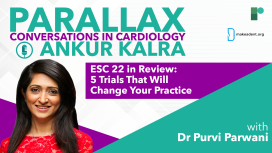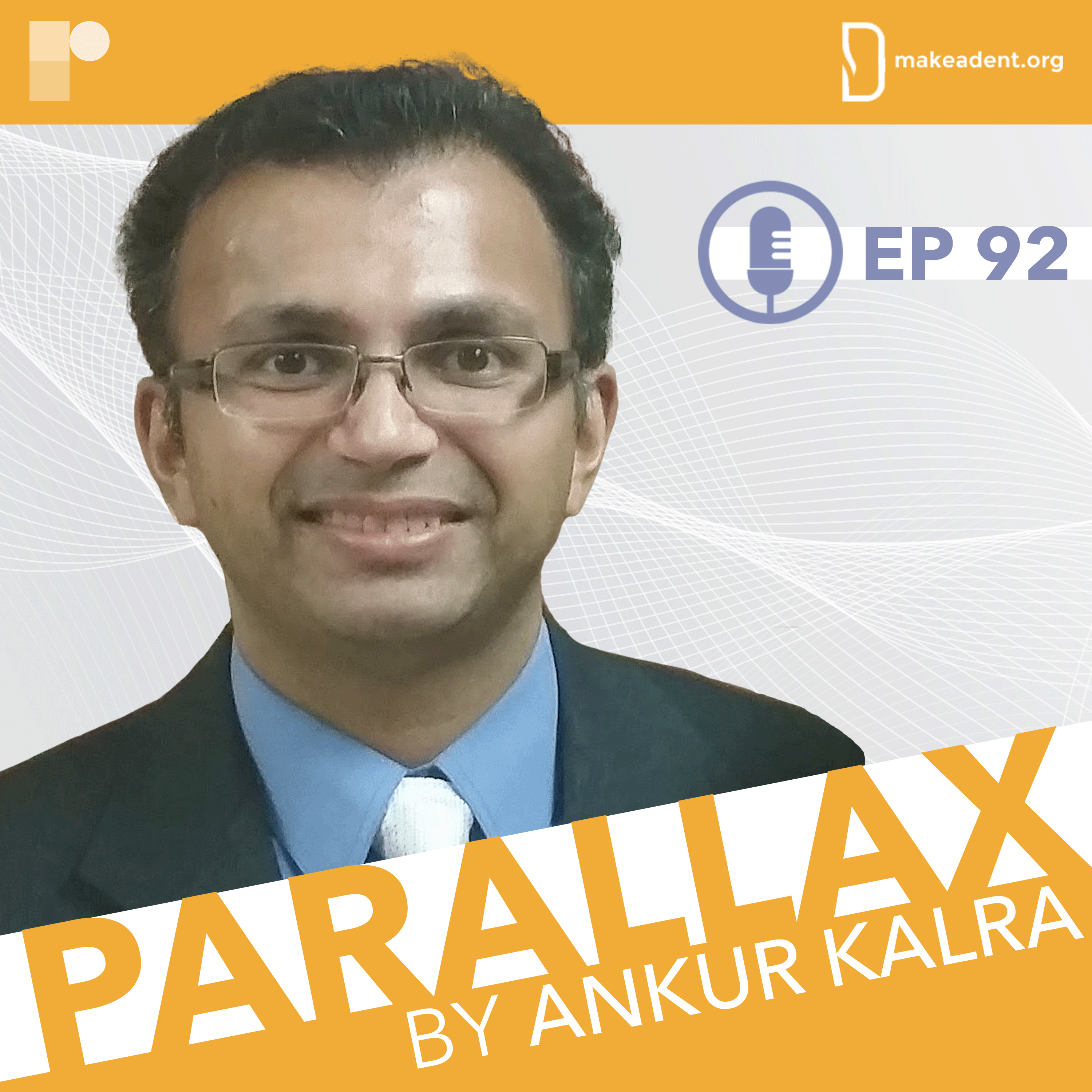
In this final episode of our mini-series on value in academic medicine, Dr Ankur Kalra welcomes back Dr Nandan Anavekar, a Professor of Medicine at Mayo Clinic College of Medicine and consultant for both the Cardiovascular and Radiology Departments at Mayo Clinic, who also serves as the Program Director for the Adult Cardiovascular Diseases Fellowship program.
In this inspiring conversation, Dr Anavekar and Dr Kalra discuss the education of postgraduate medical students and reflect on Dr Anavekar’s role as a Program Director. Dr Anavekar shares his motivations and the moral framework he uses to approach his responsibility towards his students.
The conversation then shifts towards the learning environment provided for medical students. Dr Anavekar contrasts the prevalent competitive culture and draws on Vedic philosophies to outline how we can strive for a student-centric culture that fosters a more collaborative environment and supports autonomous decision-making. Dr Anavekar asks listeners to look at medical education with fresh eyes by reframing what value means within this context.
Finally, Dr Anavekar talks about the Global Cardiology University Project and his work on democratizing medicine on a global scale.
How can we create a safe learning environment for medical students? What is Dr Anavekar's thoughts on the role of teachers and students in medical setting? What is Dr Anavekar's message to early-career faculty?
Questions and comments can be sent to “podcast@radcliffe-group.com” and may be answered by Ankur in the next episode.
Guest: @nandananavekar, host: @AnkurKalraMD and produced by: @RadcliffeCARDIO.
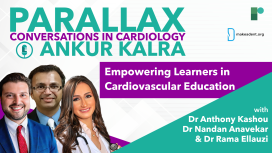



What is the Global Cardiology University project? How does Dr Anavekar encourage trainees to re-examine their role in patient care? What is his advice to our listeners?

As Dr Kalra asks Dr Rao about the ways in which early career faculty members can get involved with the organization at a state level. Dr Rao shares his insider tips and highlights key events where individuals can further their participation.
How can you get involved with your local ACC chapter? How can you improve your leadership skills? What is Dr Rao’s advice for our listeners?

He explains how the complexity of nutrition and the compounds generated by the gut microbiome can impact our health. We learn more about three compounds produced by our gut microbiome that have a strong connection with heart disease.
Through this conversation, Dr Vuyisich invites us to reframe our approach to nutrition and prevention as a question of food education and data-driven science.


This episode features a vascular neurologist and an interventional cardiologist who will discuss the relationship between their two fields of medicine.

In this rich and insightful discussion, Dr Kittleson talks about the origins of famous #kittlesonrules, a collection of tips for doctors shared on Twitter, and her thoughts on mentorship. We learn more about Mastering the Art of Patient Care. Dr Kalra and Dr Kittleson discuss strategies for managing difficult situations in patient care.

What do you need to know about hospital investigations? What is the difference between OPPE and FPPE? How can you get educated on hospital bylaws and processes?

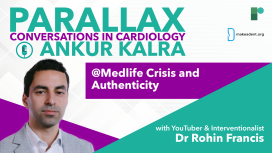
Rohin shares an advice that he received at the beginning of his career: “If you can deal with an average day, the exciting day will take care of itself.”
Ankur asks Rohin about Medlife Crisis and the work that goes into producing a show followed by 500K people. Rohin reiterates his passion for research and science communication. Ankur and Rohin discuss what it means to be yourself on social media and what is Rohin’s advice to our early-career listeners.
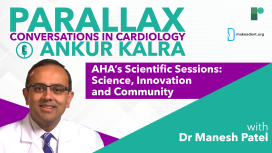
In this information-packed episode, Dr Patel takes us behind the scenes and talks about the work that goes into the curation of the programme and the considerations that shape the event. Dr Kalra asks Dr Patel about his highlights over the years and the movement and changes that he observed as vice chair and chair of the event. Dr Patel elaborates on the key late-breaking science trials in 2022. Dr Kalra and Dr Patel discuss the grading system of the award applications and share some useful information with our listeners.
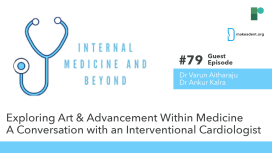
Exploring Art & Advancement Within Medicine - A Conversation with an Interventional Cardiologist.
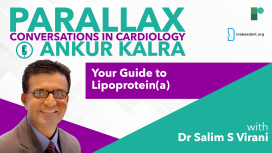
Dr. Ankur Kalra invites Dr Salim S Virani to help simplify the concept of Lp(a) with answering key questions about its measurement and its place in practice and prevention.
